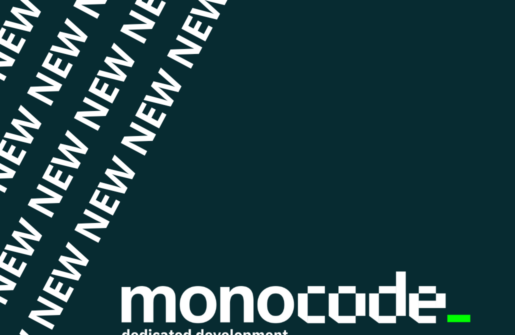
How to choose the right partner
Adding a new feature to your digital environment? Here's how to discuss your needs and pick the right agency.
7 questions to consider when choosing an agency
Maybe you and your team have been brainstorming about your company’s website, and you’ve come up with a unique plan for more leads and traffic. Or perhaps customer feedback has shown that your website could use a bit of an update or some new features. Once you’ve decided what you want, the inevitable question is: who will develop and implement it for you? It’s smart to take your time and meet with several agencies. But which partner do you ultimately award the project to?
Choosing an agency shouldn’t be done in a rush. In fact, feel free to compare several providers. You should feel confident in who you choose to collaborate with. So before you engage with an agency to bring your idea to life, make sure you understand each other’s mission, vision, services, and approach.
Want to be absolutely sure you’re choosing the right partner? Ask yourself the following questions:
1 What problem am I looking to solve?
What you think you’re looking for may not be what you actually need. This isn’t a quote from some wise guru, but something we see happen every day. As a company, you’re faced with a challenge that you may already have a solution for. For example: you want to develop an online tool for your employees, and you need an agency to figure out what’s possible and whether an online tool is the right solution. As agencies, we know all about the tools, platforms, and technologies you need to achieve your goal. Our job is to do our research and make some suggestions, even if these ideas differ from what you initially had in mind. We encourage you to be as open-minded as possible during your initial discussions with potential partners.
2 Does the agency understand what I need?
Communication is at the top of the wish list – for both sides. As a client, it’s best to provide as much information as possible about the issues you are currently facing, as well as your expectations for the future. Is this a temporary problem or should the solution last for years to come? Do you have a budget in mind in case maintenance or updates are necessary? Do you foresee any changes in your company’s activities? Think about these issues and discuss them with your potential development partners. That way, you can brainstorm towards an effective, future-proof concept and, after several conversations, gain insight into which agency best understands your needs.
3 What’s my ROI once the problem is solved?
Let’s face it, money plays an important role. We could pretend that price doesn’t matter, but that would be unrealistic. When choosing a partner, budget is an important consideration. However, it’s important to consider what you’ll be getting in return. What is your current challenge, and what will your ROI be once that challenge has been tackled? Your partner can help you turn these facts into tangible figures by calculating the hours you will save, for example. If the solution keeps you from having to hire another full-time employee, isn’t it worth the investment?
4 What processes does the agency use and do they align with my own?
The way a company handles a process says a lot. But whether that approach is positive or negative is up to you, the client. One partner may emphasise research, while another may prefer to focus on orientation meetings. How often do you want the agency to consult you? How often do you want to be involved or implement changes? Will it be broken down into different phases or delivered all at once? Is it clear what end goal you are both moving towards?
5 What is the communication flow like?
The above questions are followed naturally by another one: which partner communicates at your level? Think about who speaks your language best. Some agencies have a team entirely dedicated to you and your case, while others keep it small and assign a dedicated contact who manages everything behind the scenes. Some use a lot of jargon, while others make things more accessible. What do you feel most comfortable with? Which method makes a positive impression on you and makes you feel like your needs are being heard?
6 Does the partner have any references in my industry?
If a partner has been active in your industry before, you can assume that they can propose an appropriate and effective solution without too much trouble. Of course, every company is unique, but the business terms, needs and specifications will soon be clear to them. Feel free to ask your competitors about their experiences with that partner. This is not to say that a partner who hasn’t been active in your sector should be excluded, but the preparation process may be more extensive, and you won’t have any direct references to base your decision on.
7 Do we “click”?
And then there’s your gut feeling. If none of the previous points have led you to drop an agency, let your mutual connection speak for itself. If you get along well with the people who will be developing your solution, if the communication is pleasant and clear and you truly understand each other, you can look forward to a fruitful collaboration. Quality is essential, but a good relationship is your foundation.
We prefer a no-nonsense, hands-on approach.
Why monocode?
Why choose monocode? If you include monocode in your selection of potential partners, we encourage you to go over the seven questions mentioned above. In our (biased) opinion, we’re pretty cool, but we’re also level-headed enough to know that every company eventually finds its true match. At monocode, you can count on a number of certainties. We appreciate transparency (after all, mutual trust is based on honesty and openness), we maintain close relationships with our customers and we prefer a no-nonsense, hands-on approach.
Need a custom solution? Send us an e-mail, give us a call on +32 11 12 35 89, or ask a question using our online contact form.





